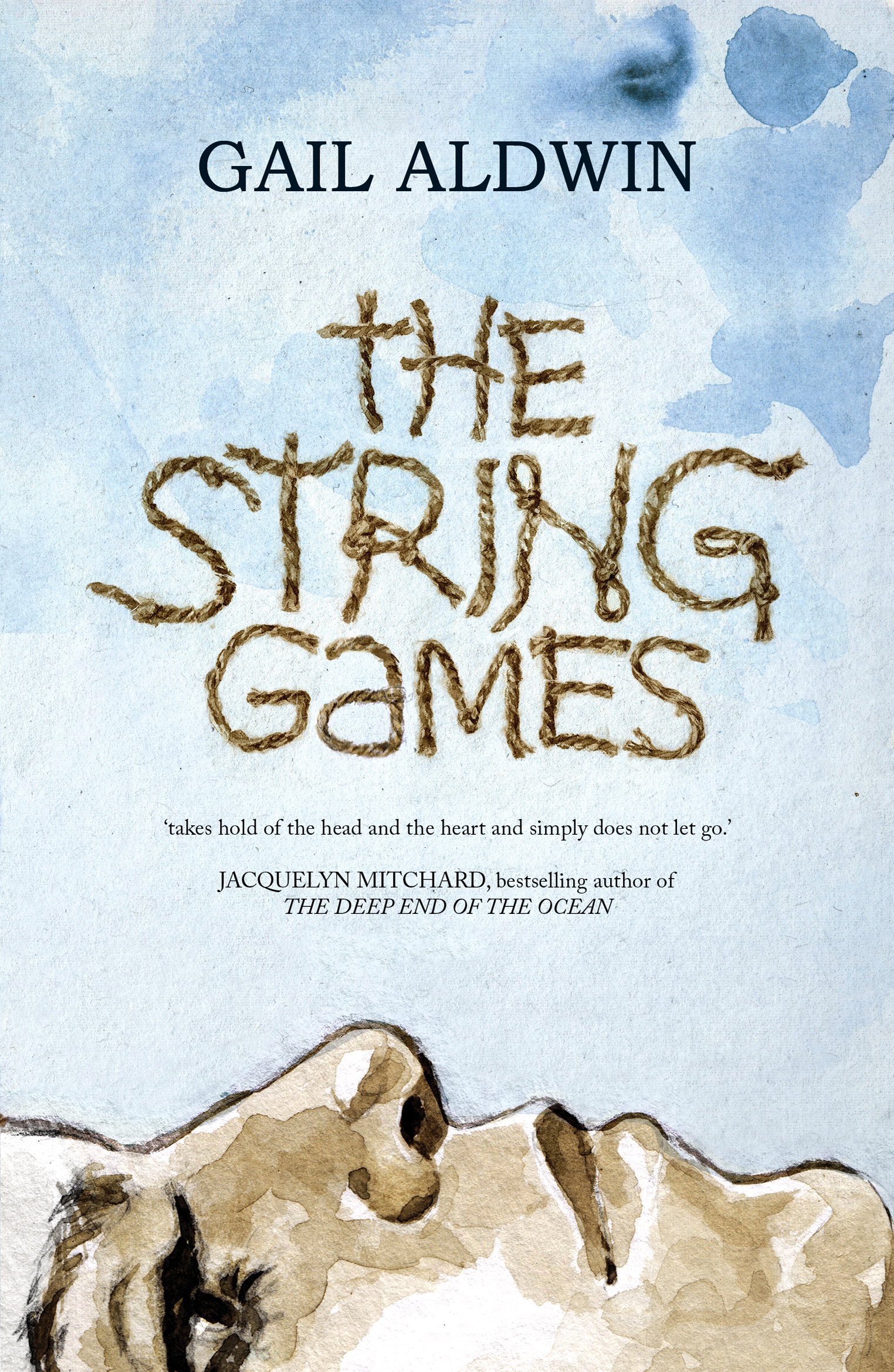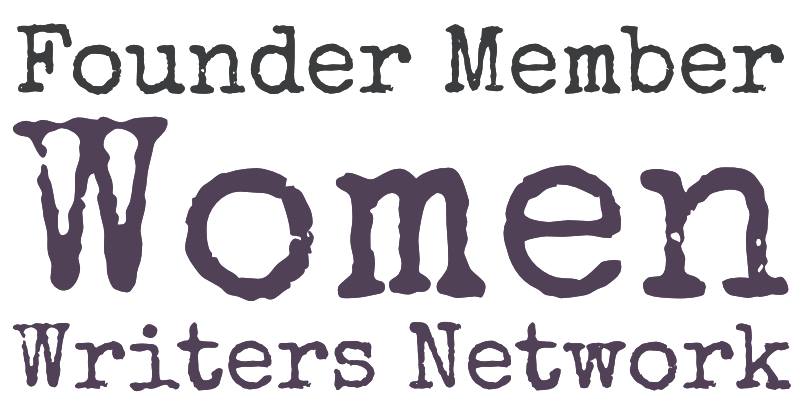I was delighted to meet F J Morris in Bristol where she shared one of her fabulous stories with an attentive audience. I’d seen Freya’s name on many competition announcements for winners and attached to stories in quality journals, so it was a real treat to attend the reading. She is a great supporter of flash fiction and assisted the organisers of the first flash fiction festival in 2017. Now, I’m thrilled she has agreed to join me on The Writer is a Lonely Hunter, to celebrate the launch of her debut collection of flash fiction. With the intriguing title This Is (Not About) David Bowie, the imaginatively presented collection contains thought-provoking stories that gave me the chance to take another look at modern life, and rethink a thing or two. Shrinking Giants was one of my favourite pieces, full of poignancy yet with an ending that gives hope.
Thank you for joining me, Freya and congratulations on your new publication. Here are the questions I’ve posed which I think will be of interest to readers and writers.
Do you write with your audience in mind? Who is your ideal reader?
My ideal reader is one that is living. I was going to say a human being, but to be honest, I’m not even that fussed what they identify as. I grew up in an old mining town on the outskirts of Bristol where my mum grew up. People didn’t really read. And so I’ve been asking myself a lot of big questions about fiction and why we should bother. Why should people read?
There are a lot of studies out that that explain how art helps us to understand ourselves and humanity better. Artists deal in feelings better than any other discipline. In the days we live in, it’s so important that we recognise the importance of feelings and how they influence us. Society doesn’t encourage us to be okay with them. They’re considered second-rate. But they have such a big influence on us. I read a study once that a judge’s decisions became more harsh depending on the time of day and his eating patterns (ie – if he’s hangry then you’ve no hope in hell). So it doesn’t matter how smart you are, or how aware you are, your feelings are more in control of you than you know.
We are not machines. We are not products. So I think it’s vital that we value artists, and that artists recognise their own worth, their own power. What people are consuming right now is influencing them in ways they don’t even realise. And we need to write, sing, dance, paint our way out of it. We need a new story to tell ourselves. Stories that have peace, hope, joy, magic. Stories that make you glad to be alive. Stories that bring us together. But ultimately, we need more people reading, and that’s a challenge I’m interested in taking on. So I guess they’re the ones I want to reach out to.
What do you hope readers will take away from your collection?
That anything is possible. That we are the writers of our own story. That we can be who we really are. A few people have read my collection and told me which stories were their favourites, and what I love the most is that they all chose different ones. I really wanted to cover a range of people, a spectrum of identities, ages, genders, backgrounds – that felt true to Bowie, and what he stood for. I wanted the collection to reflect his essence. Bowie in himself is a powerful idea. He reached out to everyone who didn’t fit in, and it turns out, that’s a hell of a lot of people. Like many, he gave me permission to be as outrageous as I wanted. He allowed me to take risks. To be true to myself. I hope people reading my collection will feel that too.
Can you describe the process of putting together a flash collection?
The initial idea only came when someone asked me to write a collection. I had wanted to put one together for a while. But every theme or idea I had to string a bunch of stories together ran out of juice. It was like being in a labyrinth, thinking you’re on the right track, only to find myself at another dead end.
Then Bowie died. It was like watching an explosion. A supernova. A massive star had collapsed at the end of its life, and it sent out these ripples, this burst of energy. His impact on people spilled out. David Bowie was more than a person. He was a feeling. He was an idea. So that’s when lightning struck, and I saw my way through the labyrinth.
But that was just the beginning. There were a whole host of obstacles and riddles to work through after the first draft. The journey to publication was not straight or easy, but the extra time helped me to develop it more. There were a lot of stories that fell short of what I wanted so I ditched them. And then I put the rest together into a larger narrative structured by David Bowie quotes. I wanted people to feel like there was a bigger picture, a journey to go on, but that element came later.
Do you have a favourite flash and what was the inspiration for writing it?
Slush puppies (there’s a reading of it here): it’s about hidden love between two school girls. I wrote it in a Bristolian accent, so I have to read it in one. And it has a sort of musical quality to it. I wanted to write it in such a way that when you read it, you could feel the build-up and overflowing passion.
My stories are a bit like Frankenstein’s monster – some of the story was inspired by something that happened to friends when I was growing up, some of it is my imagination, and a fair bit has been harvested from different poems I wrote when I was in love. This one does it all. It takes me back in so many ways. Nostalgia is a powerful thing, and so is love.
Congratulations on your new appointment as Assistant Editor for fiction at Bare Fiction. What does this role involve?
Cheers! At the moment its: reading, reading, reading. Then deciding with the editor and team, which stories we think should be published. Robert does a wonderful job running the magazine, and his aspirations are amazing, so I can’t wait to help him achieve them. Plans and aspirations are a foot – so watch this space!
Do you have any favourite writing resources you would like to share with readers of The Writer is a Lonely Hunter?
Oh there are lots! When I read Orwell’s ‘Why I write’ in my twenties that basically became my mantra. I try to avoid writing to show off skills or knowledge. I remember a time when I was eight and I learnt this new word and was so excited to use it. But when I finally did, and nobody understood it, I realised how pointless it was. I felt the embarrassment of those around me, and how they withdrew. You lose people when you make them feel stupid – they disengage. So reading Orwell, made me consciously think about what sort of writer I wanted to be.
I’m always telling people to use the ‘Hemingway editor’ website. I’m going to use it on this interview. It helps me to be an editor to myself and to clean up my sentences. Then there’s Grammarly and Scrivener for the tools that make life easier.
What are your future plans?
To write. I know how that sounds. But it’s a constant fight with myself. I started to write a new novel called Burning down the house a few months ago, but with all the fiddling about, I’ve lost track of spending time on it. I want to write scripts, and make this app, and do another collection… So that’s my problem. Too many things, too many ideas, not enough writing.
What in insightful interview! Thank you, Freya. This is (not about) David Bowie is published by Retreat West Books and is currently on pre-order with Amazon. If anyone is in Bristol on 27 September at 7pm and would like to attend the book launch of This is (not about) David Bowie, your invitation is here.








Leave a comment